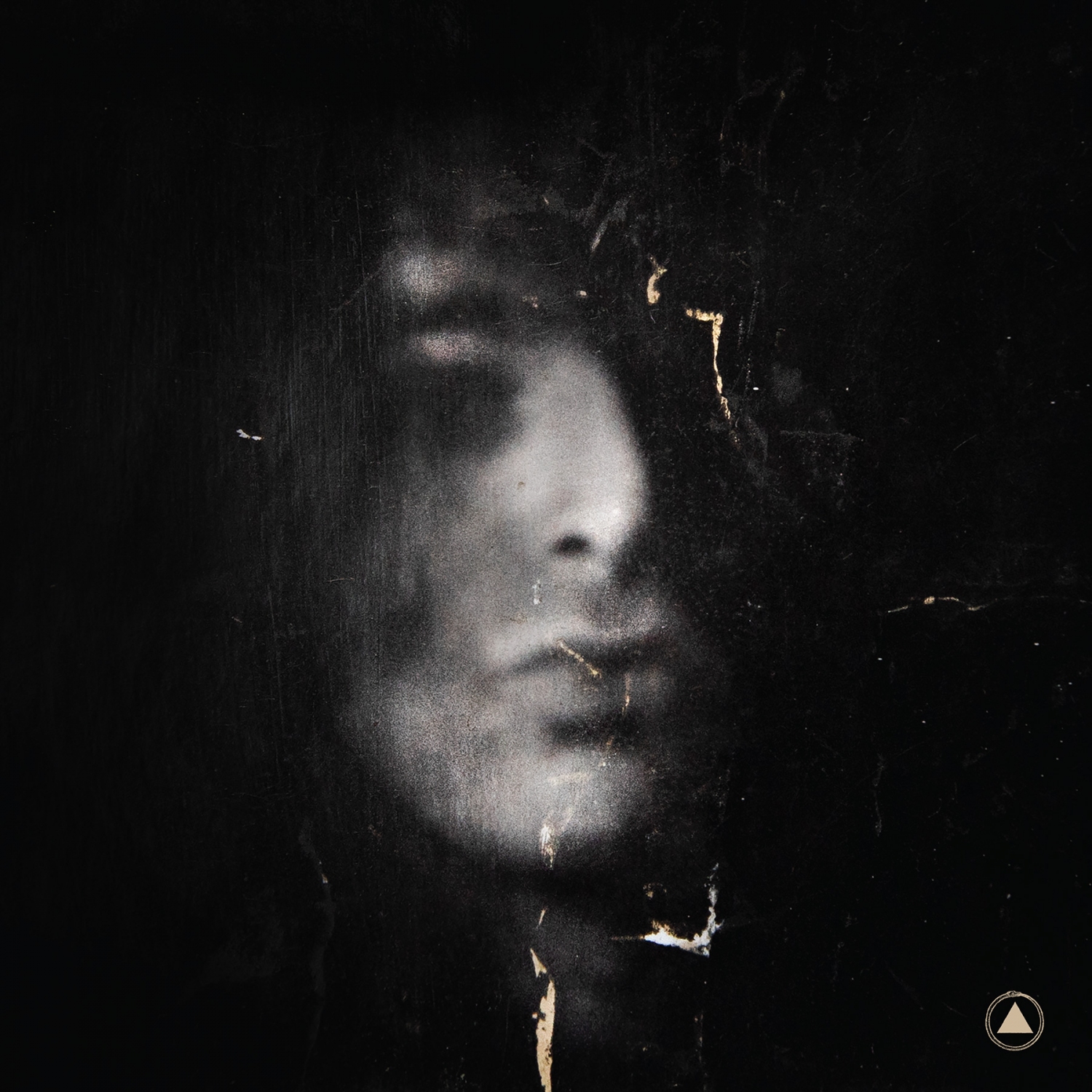(Sacred Bones, April 23rd)
Few singers in the 70s struck genuine fear into their audience members like Suicide frontman Alan Vega. Where John Lydon’s invective was inclusive and Alice Cooper dealt in horror that played out like sheer pantomime, Vega was like
a deranged escapee from a maximum security prison – his capricious nature, with a tendency to yelp, holler and leap into the crowd and attack people, made him equal parts feared and respected.
In retrospect though, years after his untimely passing, it’s his rich musical legacy, not feral onstage persona, which endures. There are traces of Vega and bandmate Martin Rev’s influence evident in artists from Depeche Mode and Nine Inch Nails, right up to Adulkt Life and Forest Swords. This lost album, which features only eight tracks, plays out in experimental shades, and is therefore something of a curio.
Muscles and Nike Soldier most sound like Suicide, with their screams, and dubby, fever dream instrumentation, whereas Samurai widens the palette more, a track that’s a bland Vangelis soundscape with Vega muttering darkly about “missing girls” and “selling trash” like a cinematic serial killer. The effect is rather bizarre, saccharine easy listening turned into poison.
In the main, it’s an album concerned with a search for some kind of redemption – religion rubs up uncomfortably with the darkest corners of the human psyche, most notably on closing tracks Psalm 68 and Breathe – but sadly, these become self-indulgent, with impenetrable layers of grating, shrill synth that feel more like a work-in-progress.
The stand-out track, Fist, is a febrile grind, where Vega’s voice, here more a desperate growl than his trademark desolate croon, curls around the wild synths: it’s ecstatic and dirty, evocative of a sweaty European techno club. This, and the layered Filthy, are worth investing in – more akin to the spit and spite of Vega at his most exotic. Ultimately, it’s hard to know where this album sits, even in 2021, but there is still enough here that make it well worth dipping into.
